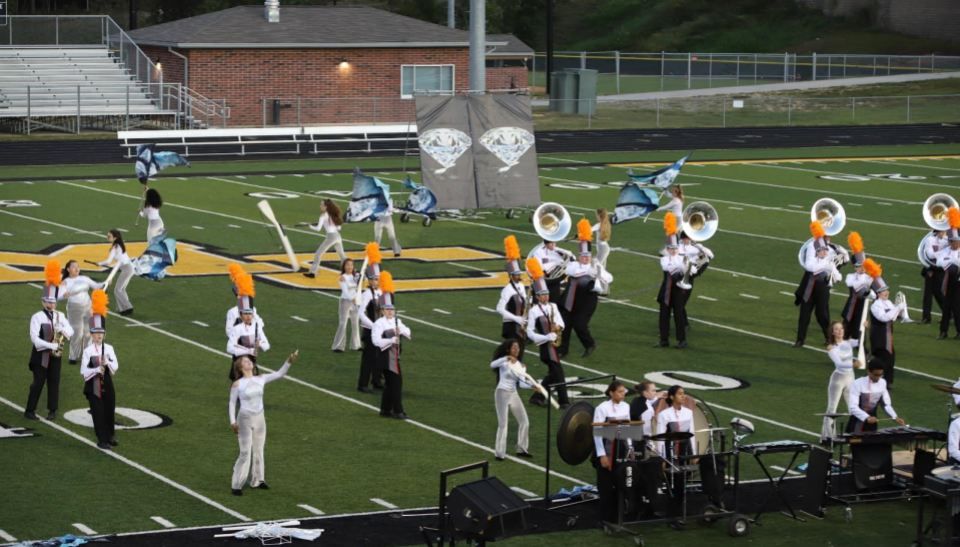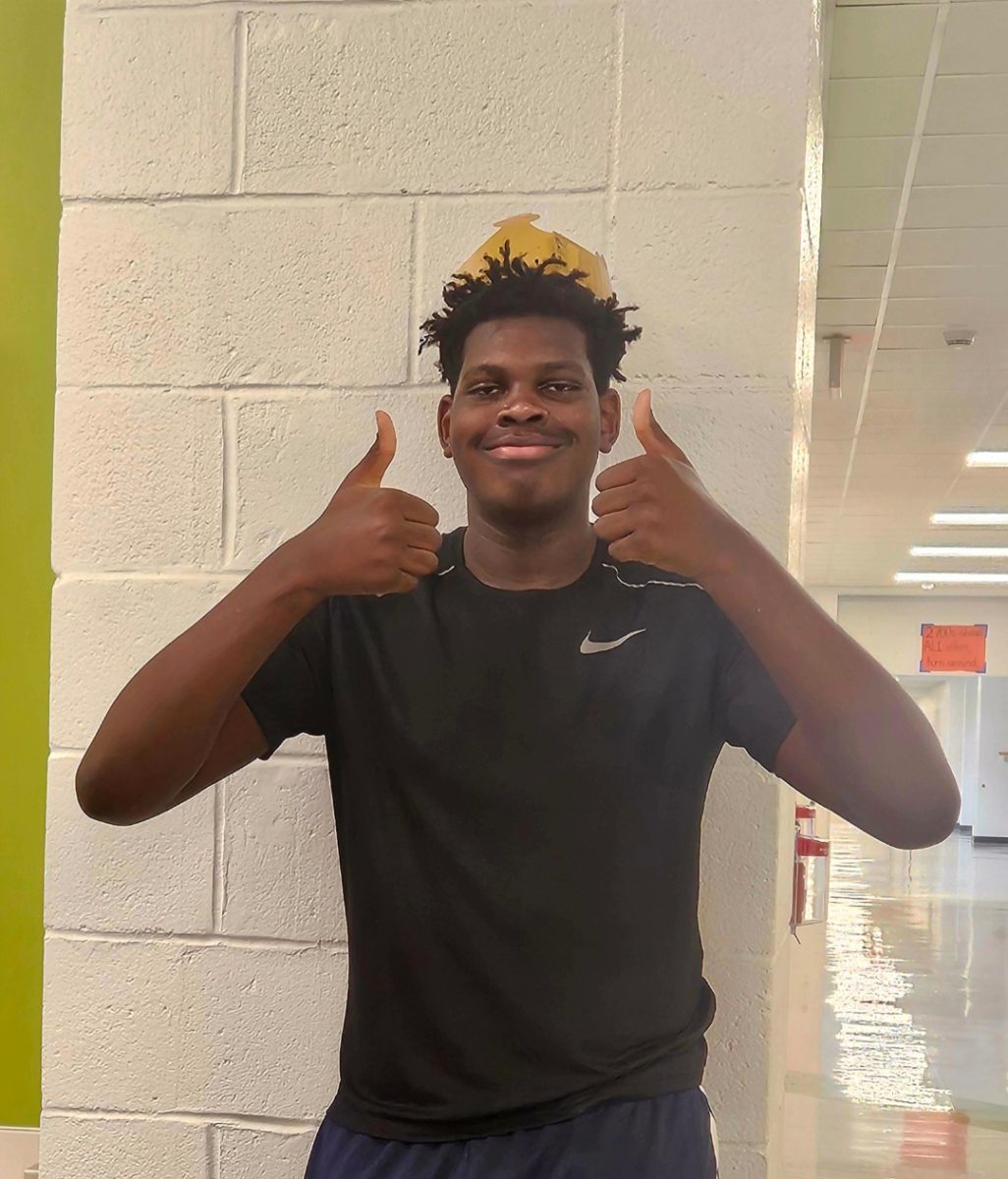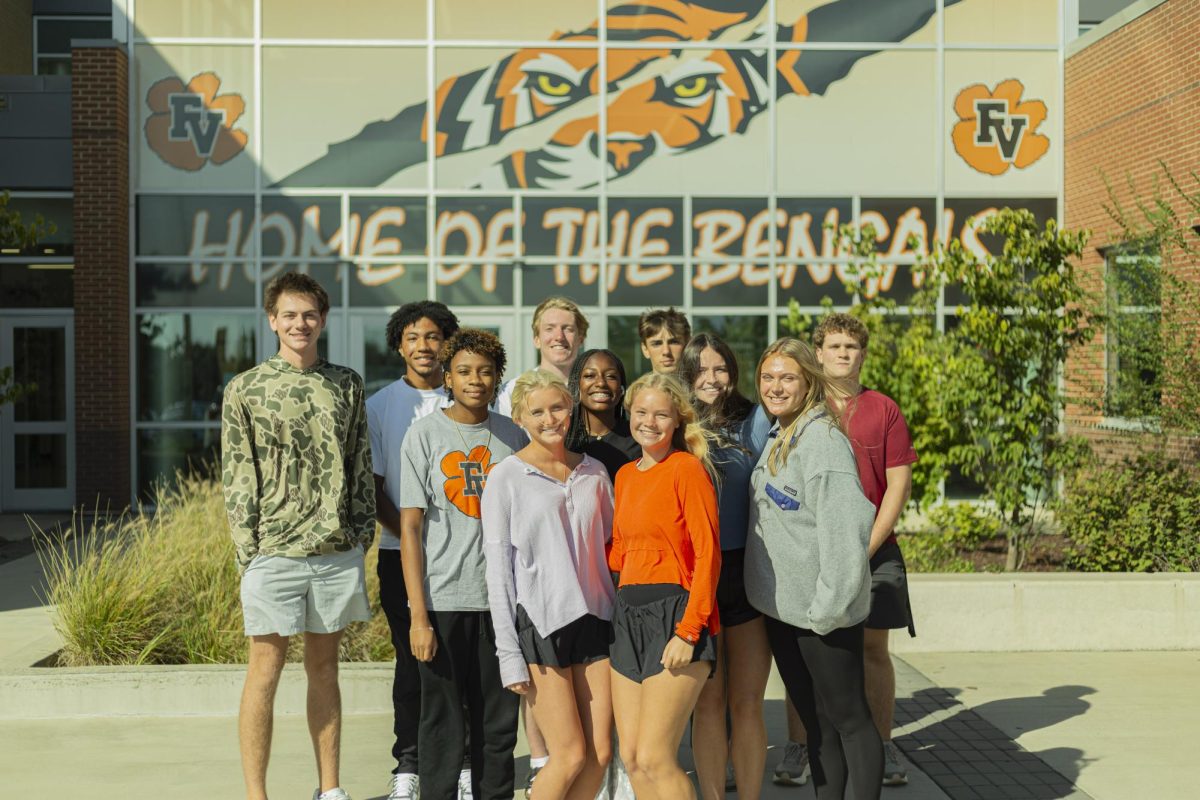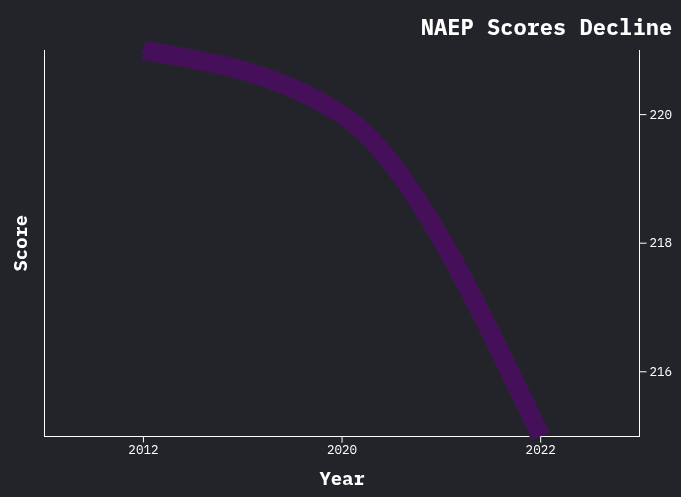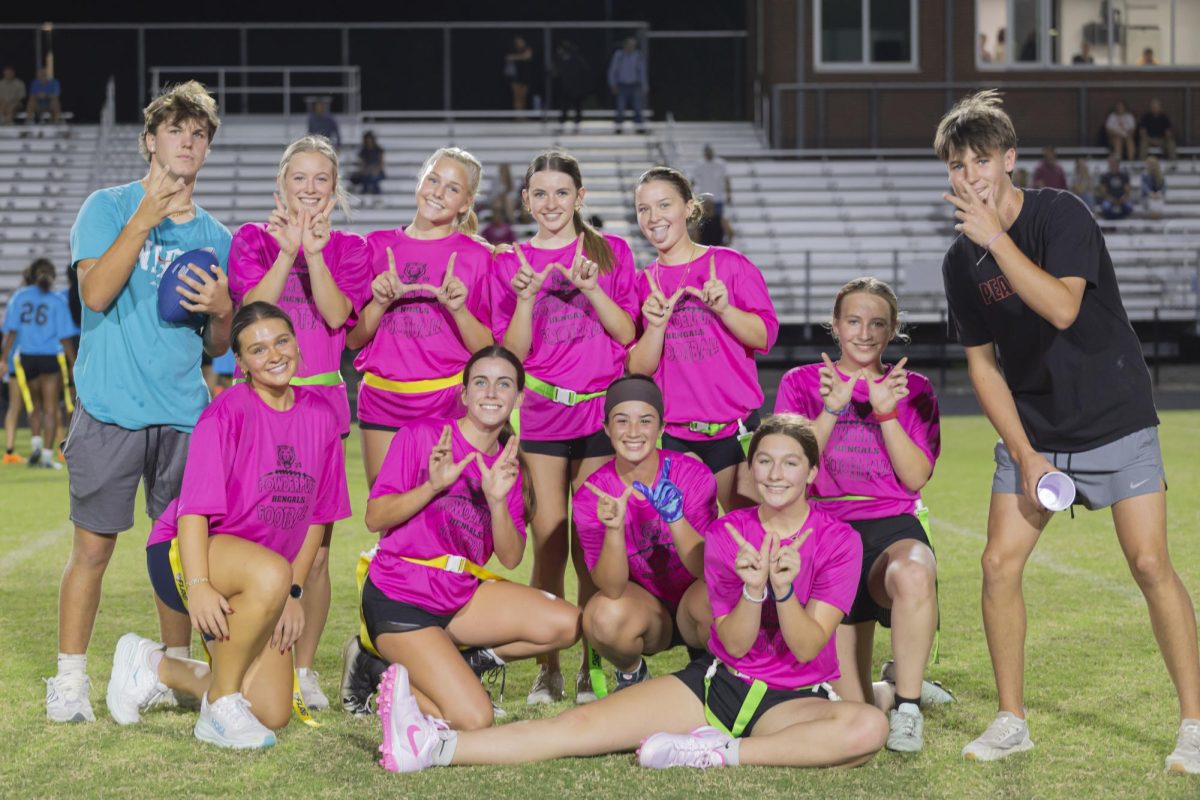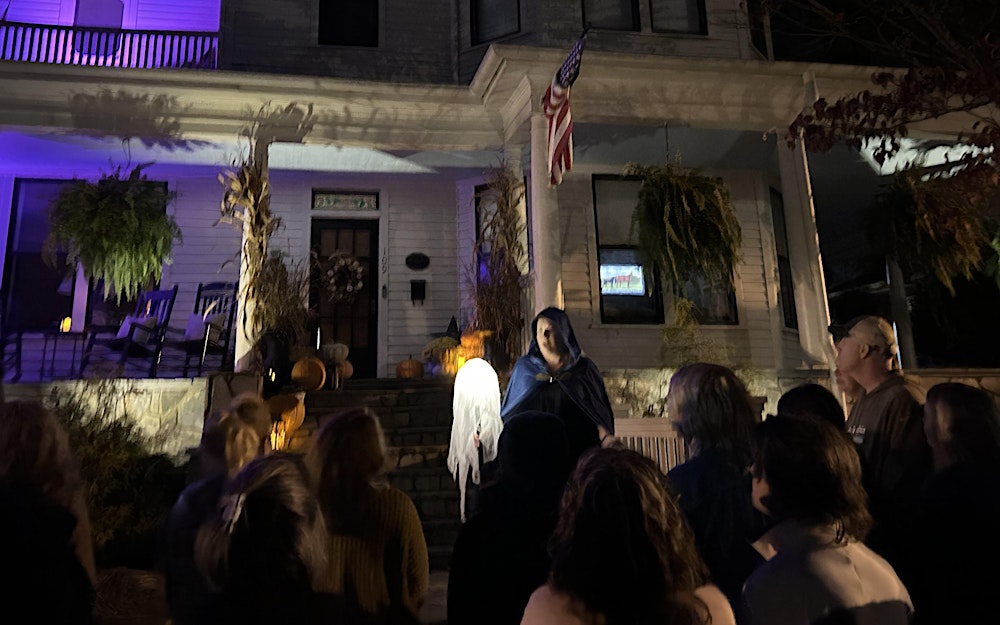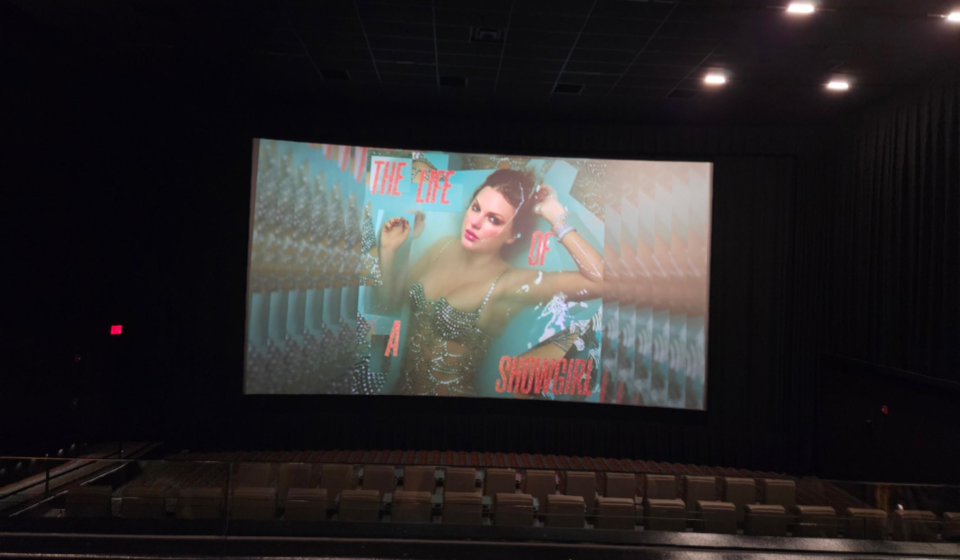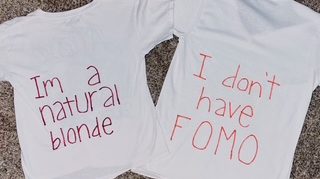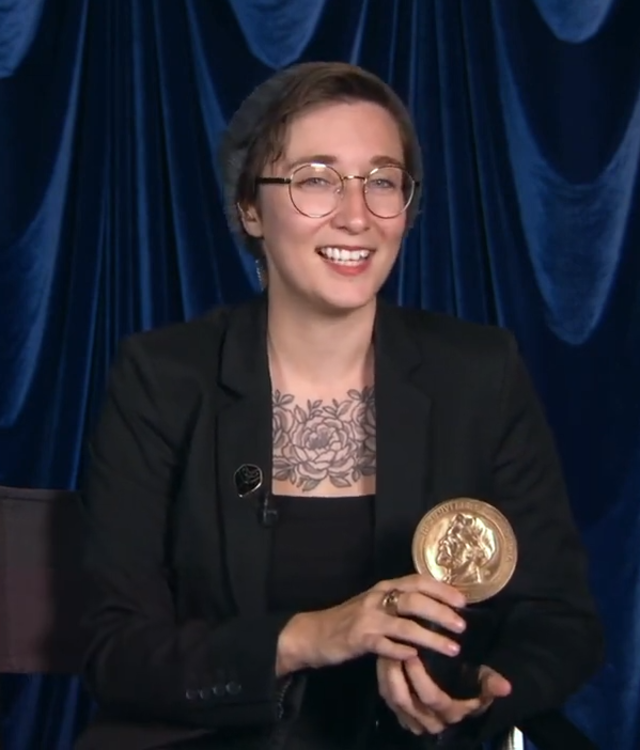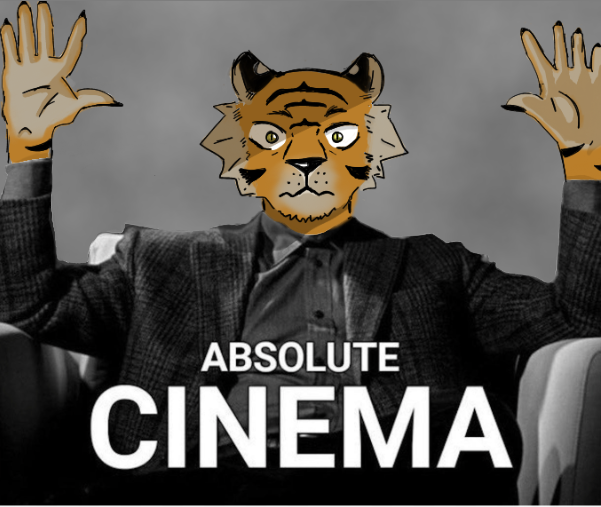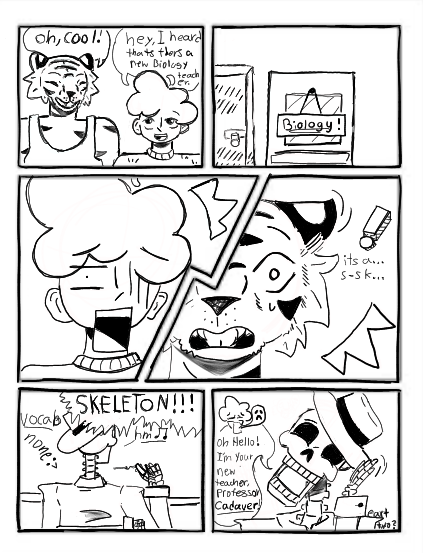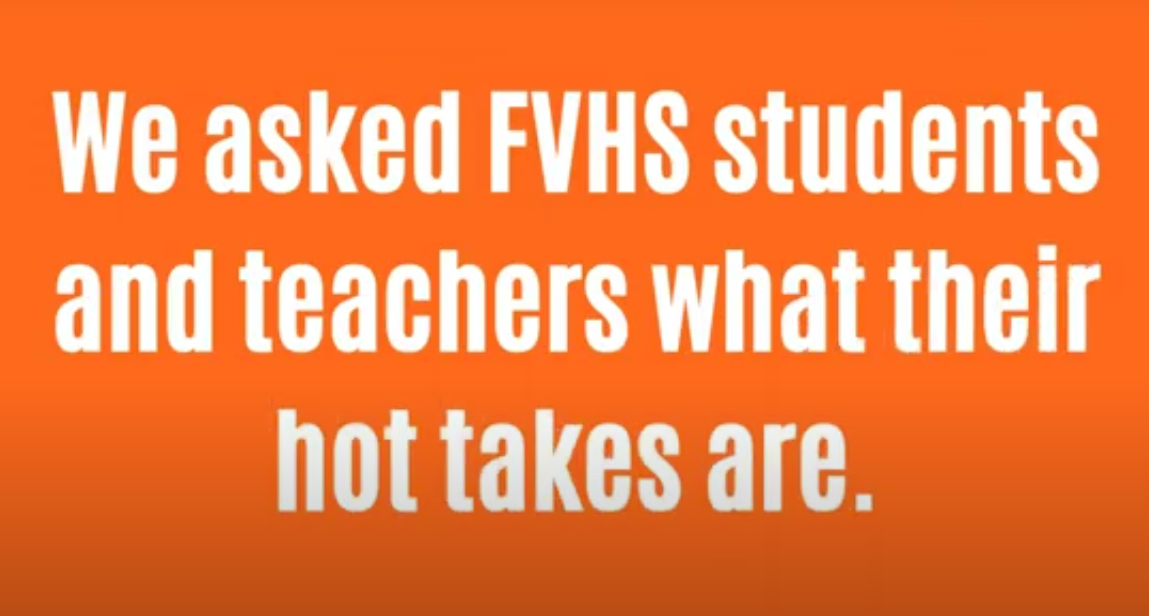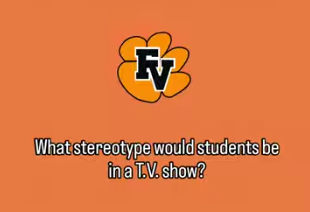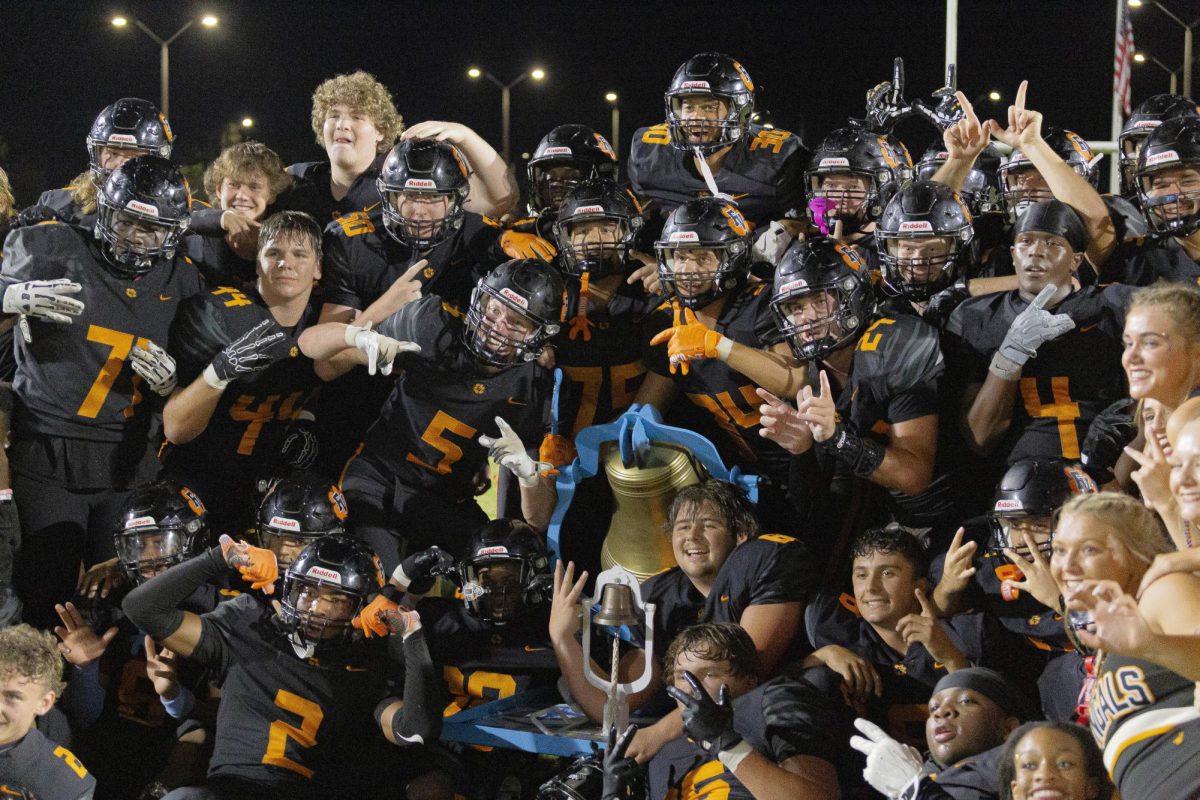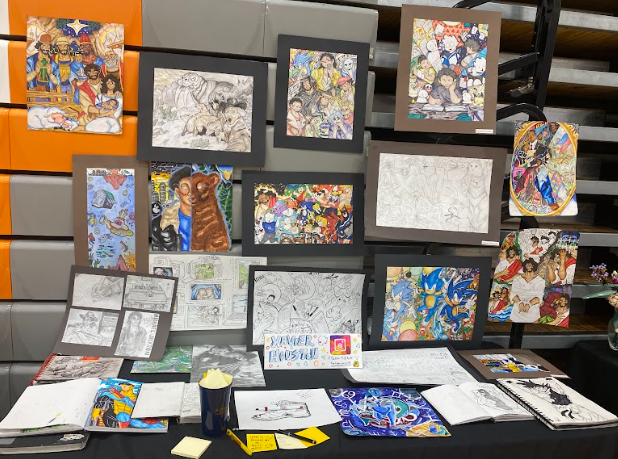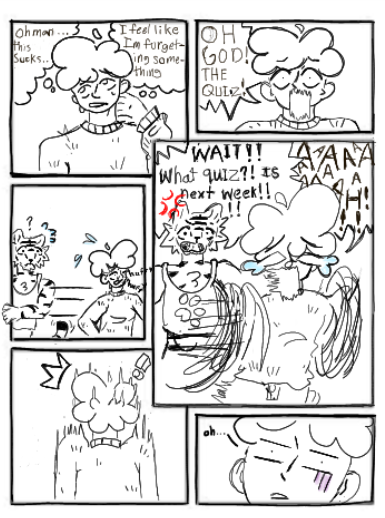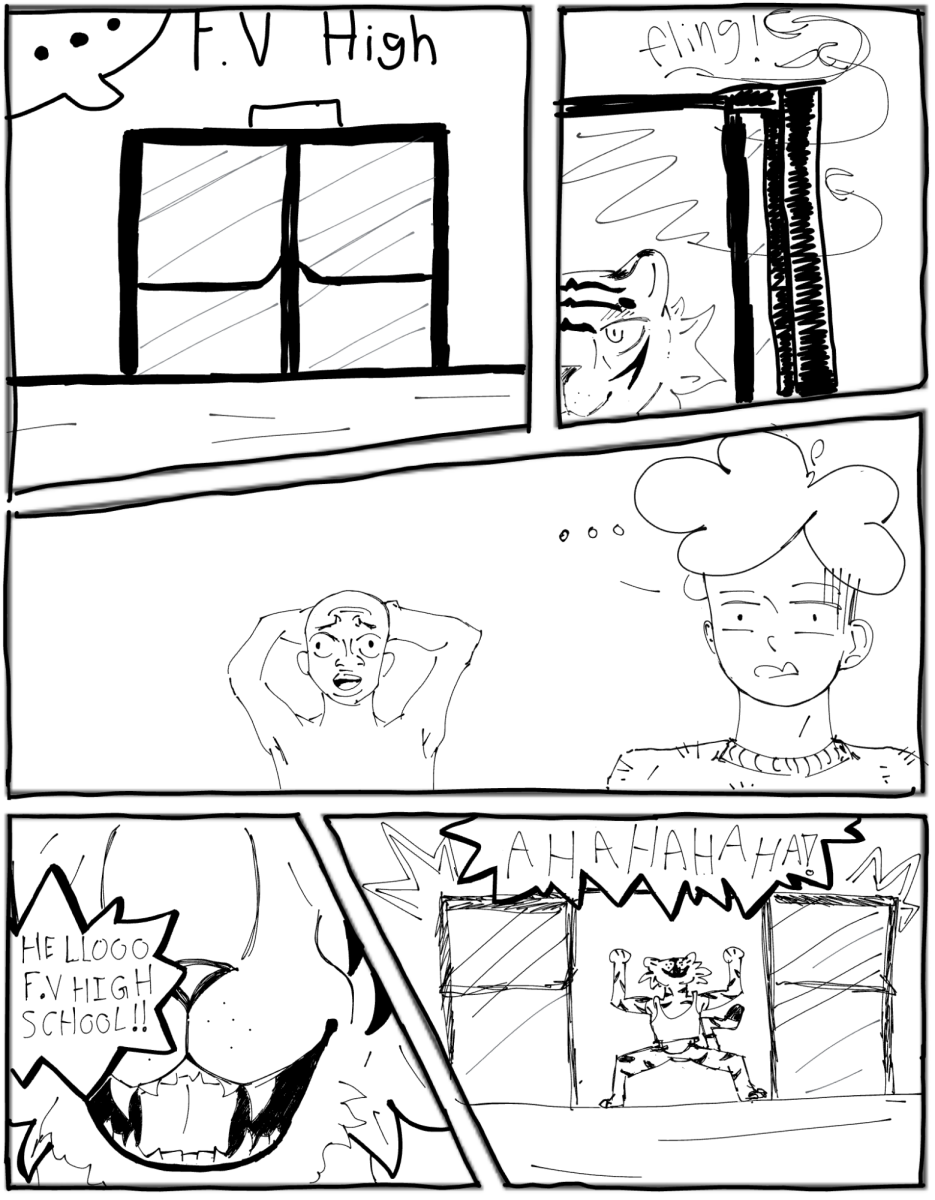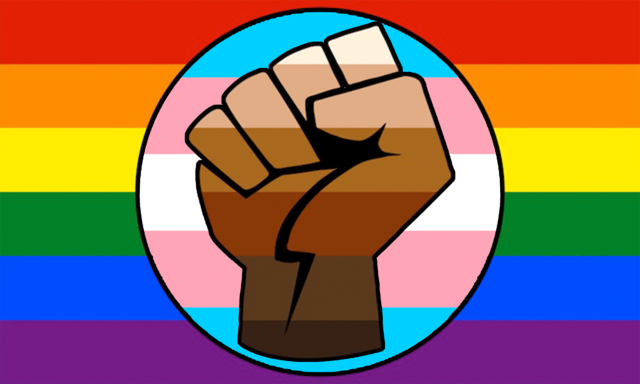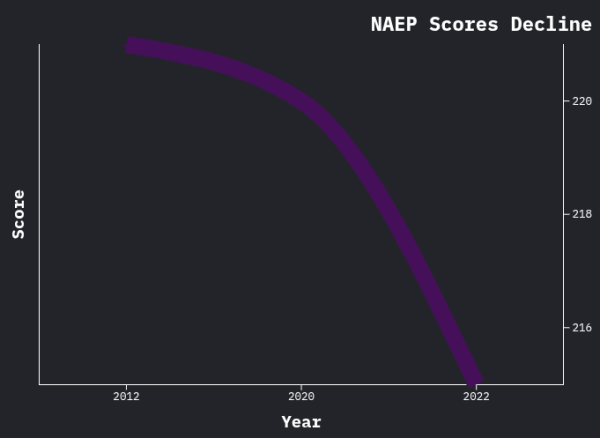Forced inclusivity harms minorities
In this modern age, having minorities in films, television, and media, has become commonplace. Sometimes, inclusivity becomes a driving force in the movie, even before the plot, on rare occasions. However, when including minorities becomes the primary goal of a project, many will see it as forced. I believe that, when used just to tick a box on a checklist, forced diversity has an overall negative impact on society.
The biggest problem with representing minorities in the media is that oftentimes it doesn’t feel genuine. Showrunners or movie producers will often just hire actors that are a part of a minority just to tick off a box on a metaphorical checklist. Then, they will use that as a major part of the marketing. This usually also leads to said actor’s character is poorly written as there was no intention to make a compelling character besides to get brownie points. This causes audiences to dislike the character because they are simply poorly written characters. When audiences call out a studio for doing this, the studio or director/showrunner will retaliate by calling the audience ‘racist’ or ‘sexist’ for disliking a certain character, adding fuel to the already heated bonfire.
One example is the infamous 2019 reboot of “Charlie’s Angels,” where director Elizabeth Banks publicly said, “If this movie doesn’t make money it reinforces a stereotype in Hollywood that men don’t go see women do action movies,” insinuating that the film bombed because of sexism.
Another issue is that most scenes featuring minorities don’t even make it overseas, making it feel cheap. China is the primary market for movies, but they are much less accepting of minorities than we are. So what big studios will do is just have a short scene focused on either a person of color or a queer character for Western audiences, and either cut the scene/character or heavily downplay them for the Chinese release. This just reaffirms that the studio doesn’t care about real-life social issues, but rather short-term profit.
For instance, in the 2021 Marvel film “Eternals,” there was a short kiss between two gay men that was proven sensitive for some as multiple countries in the Middle East have outright banned the movie after Marvel refused to cut the scene. While what Marvel did was a good thing, this was sadly a rare instance of a big company defending the inclusion of a minority.
Now, some say that forced representation does not exist, and they are partially correct. However, they are mainly referring to comments from people that complain when a beloved character is recast as a minority and not a white person, such as in the recent trailer for the live-action “Little Mermaid.” This does not mean that forced diversity, as a whole, does not exist. It exists, but it is not just people on the internet complaining because a fictional character is now black.
The problem with forced representation is that it usually comes from a mindset that focuses on profit rather than somewhere more genuine. The way to fix this is just to be more earnest and write characters better. For films that do those things correctly, I recommend the two recent releases “Everything, Everywhere, All At Once” and “Prey.” Both films focus heavily on minorities, but people don’t care because the characters are well-written and come from a genuine place.
Your donation will support the student journalists of Fuquay-Varina High School. Your contribution will allow us to purchase equipment and cover our annual website hosting costs.

